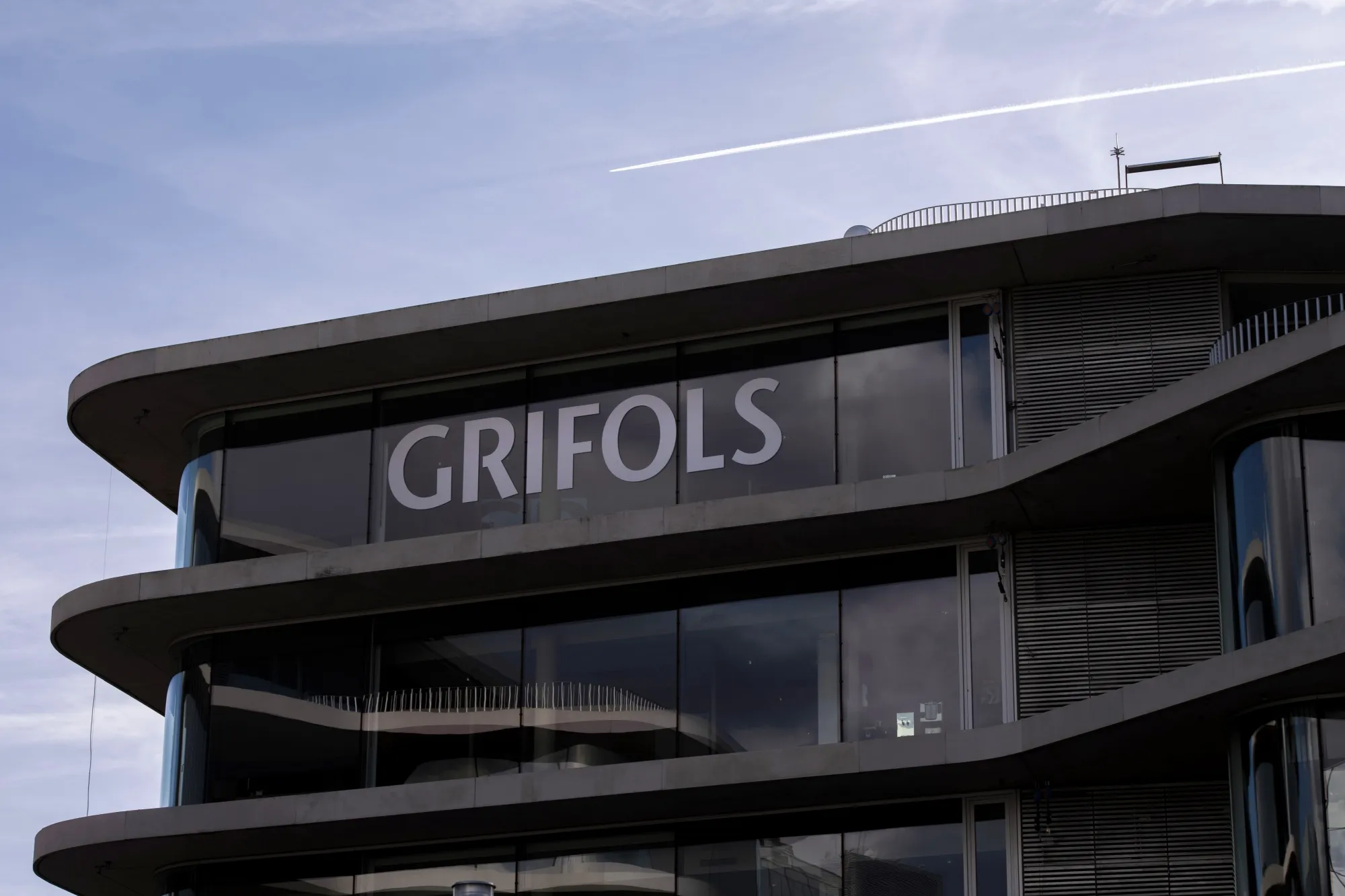
Spanish pharmaceutical and diagnostics group Grifols appears to be regaining stability after a turbulent financial year marked by investor uncertainty, public scrutiny, and significant restructuring. The company, based in Barcelona and best known for its leadership in plasma-derived medicines, experienced a series of challenges in 2024 that included a short-seller attack, questions over its accounting practices, and a resulting dip in its market valuation.
In early 2024, activist hedge fund Gotham City Research published a report accusing Grifols of obscuring its true debt levels and overstating profits by consolidating related-party transactions. The report triggered a sharp decline in the company’s share price and sparked widespread concern among stakeholders. Grifols strongly denied the allegations and issued a detailed rebuttal, supported by independent auditors and Spain’s financial regulators. However, the episode dealt a blow to investor confidence and forced the company to reassess its financial reporting practices.
In response, Grifols embarked on a programme of governance reforms and operational restructuring. The company appointed new leadership, including a refreshed board of directors and a reorganisation of its financial oversight committee. A cost-saving plan was introduced aimed at reducing debt and streamlining operations across its global facilities. These moves were welcomed by analysts, who noted improved transparency and better internal controls by mid-2025.
Recent earnings reports have helped reassure the markets. The company posted modest revenue growth in the first half of 2025, driven primarily by strong demand for its immunoglobulin and albumin products. The U.S. and Chinese markets showed particular resilience, helping to offset some of the operational pressures felt in Europe. Grifols also reported an increase in plasma donations, which are vital to its core therapies, as collection centres returned to pre-pandemic levels of activity.
Alongside its core plasma operations, Grifols has reaffirmed its commitment to innovation. Its diagnostics division has continued to develop new products for transfusion safety and disease screening, while the bioscience business is investing in next-generation plasma-derived therapies. The company is also expanding into digital health and AI-assisted diagnostics, areas it sees as key to long-term competitiveness.
Grifols’ debt burden remains a concern for some investors, although the company has made progress in deleveraging through divestments and improved cash flow management. It has sold non-core assets and is reportedly exploring partnerships that could inject further liquidity into its operations. Credit agencies have noted a stabilisation in the company’s risk profile, but continue to monitor its debt-reduction targets closely.
Despite the difficulties of the past year, Grifols maintains its status as one of Spain’s most important life sciences companies and a critical supplier of plasma-based therapies globally. Industry analysts suggest that, while challenges remain, the company is now on firmer footing and well-positioned to continue serving growing demand for its products in chronic and rare diseases.
The road ahead is not without obstacles. Regulatory oversight, particularly in the United States, is becoming increasingly stringent, and Grifols will need to ensure that its compliance mechanisms are up to date. Market competition is also intensifying, with emerging biotech firms entering the plasma and biologics space. Nevertheless, the company’s stabilisation and renewed strategic clarity have gone some way to restoring its reputation.